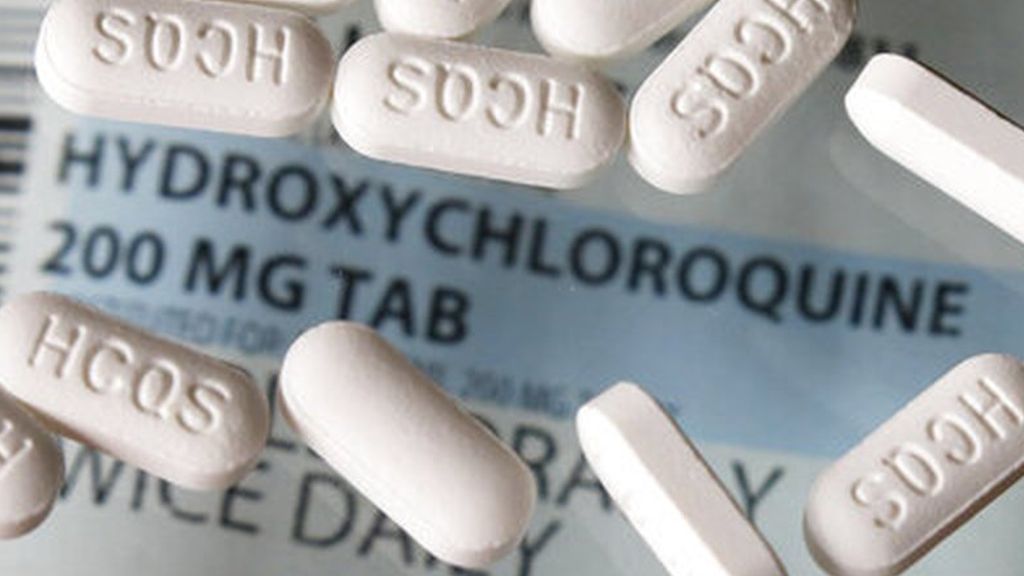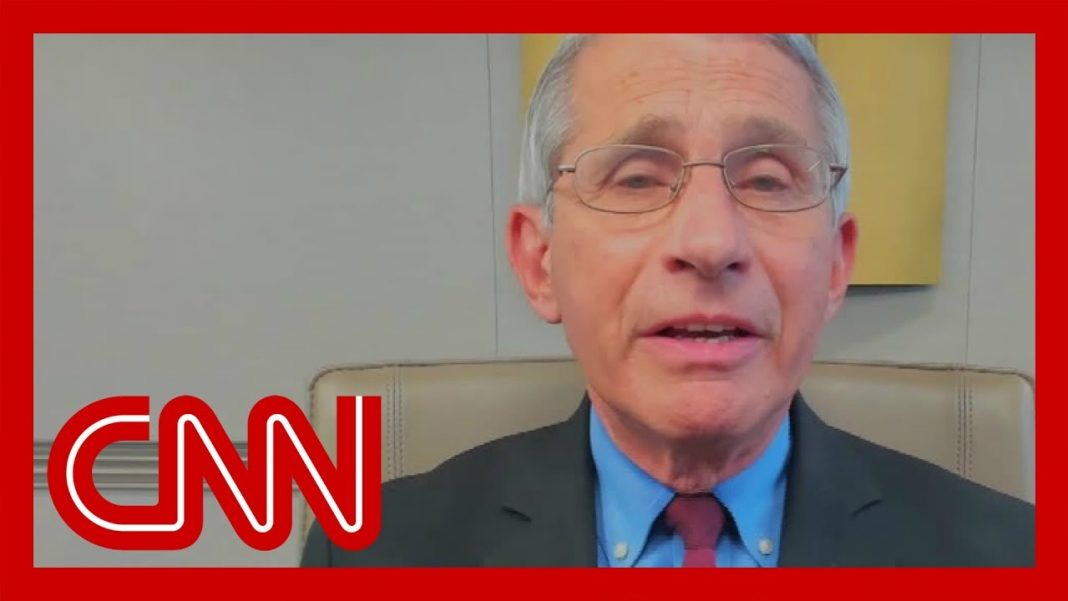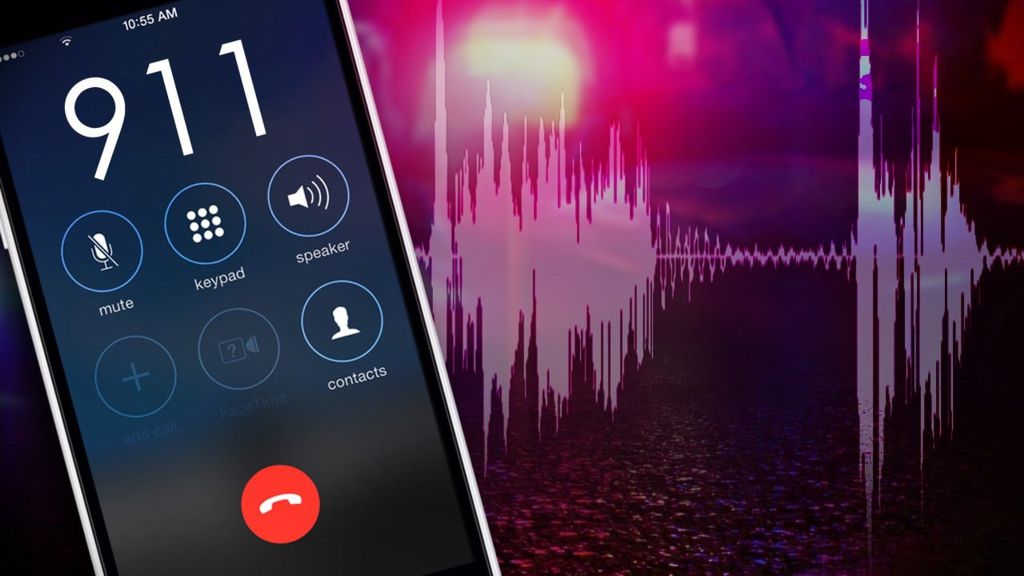I think most people have already figured out you can’t trust the mass media on the subject of the chloroquine drugs and Covid-19… let’s avoid the question of which subjects can they be trusted with?
I thought you could trust medical journals to a degree, but even they, whose editors are physicians, have been often unreliable on the value of chloroquines in Covid-19. How could the Lancet editors and reviewers decide to publish the very sketchy Lancet article I critiqued a few posts back? The Lancet is the world’s most-read medical journal.
Today, over 140 academics and clinicians around the world have challenged the veracity of that Lancet article, and asked for it to be reviewed by an independent international group. I put up the Zenodo link for their letter at noon today, May 29, but tonight that link is gone. On May 30, link now works. Nevertheless, their letter has drawn huge attention to the questionable provenance of the Lancet paper’s data, including by the Guardian and the NY Times. Why?
Because this single Lancet paper started an avalanche that ended further study of hydroxychloroquine by the WHO, and consequently some countries (Belgium, France, Italy) banned its use for treatment of Covid-19. The Jakarta Post/Reuters reported on May 27 that WHO had instructed Indonesia’s health ministry to suspend the use of hydroxychloroquine, not only in clinical trials, but also for treatment of Covid-19. Indonesia, the world’s 4th most populous country, had been using the drug early for all cases, independent of severity, with good results. Indonesia refused to comply.
Tony Fauci announced the same day that the drug was ineffective, and a Guardian article said that the US FDA is reconsidering its guidance permitting prescribing of hydroxychloroquine for Covid-19.
I will go further down this disturbing and fascinating rabbit hole later in this post.
Returning to what the medical literature truly tells us about hydroxychloroquine for Covid-19, I credit the Annals of Internal Medicine (premier journal for my speciality) with an honest meta-analysis of the subject, which went online May 27, 2020.
What the meta-analysis said:
Background: Hydroxychloroquine (HCQ) and chloroquine (CQ) have antiviral effects in vitro against severe acute respiratory syndrome-coronavirus-2 (SARS-CoV-2).
Purpose: To summarize evidence about the benefits and harms of hydroxychloroquine or chloroquine for the treatment or prophylaxis of coronavirus disease 2019 (COVID-19).
Study selection: Studies in any language reporting efficacy or safety outcomes from hydroxychloroquine or chloroquine use in any setting in adults or children with suspected COVID-19 or at risk for SARS-CoV-2 infection.
Data synthesis: Four randomized controlled trials, 10 cohort studies, and 9 case series assessed treatment effects of the medications, but no studies evaluated prophylaxis. Evidence was conflicting and insufficient regarding the effect of hydroxychloroquine on such outcomes as all-cause mortality, progression to severe disease, clinical symptoms, and upper respiratory virologic clearance with antigen testing…
Limitation: There were few controlled studies, and control for confounding was inadequate in observational studies.
Conclusion: Evidence on the benefits and harms of using hydroxychloroquine or chloroquine to treat COVID-19 is very weak and conflicting.
So that is the real bottom line: the evidence on hydroxychloroquine for Covid-19 is generally poor, conflicting, and so far fails to tell us its true risks and benefits. I find it hard to believe that after 5 months and 5 million cases of Covid-19, this failure is not deliberate.
————–
What did Didier Raoult’s group just report from France? They treated over 1000 (previously unreported on) patients, and have increased the dose of HCQ to 200 mg 3x daily for up to 10 days, used it with the traditional Z-pak dose of azithromycin, and say 98.7% are cured, 4.3% had a poor clinical outcome and 0.8% died. No deaths were cardiac, all due to respiratory failure. About one sixth of their patients did not receive HCQ due to a contraindication or refusal.
————–
What can we discern from other countries? Costa Rica is said to be the only country in Central America routinely using HCQ for early treatment. “In Costa Rica, all patients — including those with with minor symptoms or who are asymptomatic — are offered the option to take hydroxychloroquine upon their diagnosis, as long as they don’t have contraindications to the drug. Costa Rica has a low case fatality rate (1.07%), and fewer than 5% of known active coronavirus cases are currently hospitalized.” But it will be reconsidering this practice as a result of the WHO’s decision, according to the Tico Times. Costa Rica has fewer cases and deaths than any country in central America.
Below is an interesting compilation from Elizabeth Lee Vliet, MD, who writes, “Examples from the world data on May 18, 2020, which is updated daily, show how [some] Third-World countries are faring far better than the U.S.” The countries doing well are using HCQ routinely.
| Country | # of cases | # of deaths | Deaths/million | Use of HCQ |
| India | 101,261 | 3,164 | 2.0 | Early and prophylactic |
| Costa Rica | 866 | 10 | 2.0 | Early and prophylactic |
| Australia | 7,068 | 99 | 4.0 | Early and prophylactic |
| South Korea | 11,078 | 263 | 5.0 | Early and prophylactic |
| Argentina | 8,371 | 382 | 8.0 | Early and prophylactic |
| Turkey | 150,593 | 4171 | 50.0 | Early and prophylactic |
| Israel | 16,643 | 276 | 32.0 | Early and prophylactic use |
| Brazil | 255,368 | 16,853 | 79.0 | Early, some prophylactic use |
| U.S. | 1,550,294 | 91,981 | 278.0 | Late, in hospitalized patients |
Now, I return to the WHO stopping the use of HCQ in its multi-nation trial of Covid-19 therapies…allegedly based on the Lancet study I reviewed here, which itself relied on a wholly opaque commercial database, “Surgisphere,” owned by one of the Lancet authors, Sapan Desai. The study had a too-good-to-be-true overall death rate, inaccurate data for Australia, and no ability to verify the accuracy of the rest of its data or even identify the hospitals it came from…and the Lancet has already issued an initial correction.
James Todaro, MD shows us that the Surgisphere company had only one employee, its founder Sapan Desai, until 2-3 months ago. Yet it supposedly manages a database comprised of 671 hospitals’ data? Something is very fishy. Dr. Chris Martenson provides his own take on the study, here. Australasian statistician Peter Ellis has discovered that a litany of awards Surgisphere’s sister database company (Quartz Clinical) claims to have received–were won by others. And it had no online presence until last September.
Bottom line, it is almost certain that the data the Lancet paper presented from Mehra, Desai et al. were fabricated, for many statistical and logistical reasons that are discussed in the links I have provided, especially in that letter with, now, 182 signatories. Yet the Mehra, Desai et al. paper, in the world’s top medical journal, was intended to be the death knell for hydroxychloroquine (and subsequently for many patients with Covid). Are you starting to see how deep the rot goes?
WHO’s “Solidarity” study of treatments for Covid-19 is huge, and hugely important. According to WHO, it currently involves recruiting patients from 400 hospitals in 35 countries, it is still adding trial sites, and 100 countries have expressed interest in participating. It was designed to “reduce the time taken” to design and conduct the trial by 80%, compared to usual procedures. “Interim trial analyses are monitored by a Global Data and Safety Monitoring Committee, which is an independent group of experts.“
Understand that the WHO’s initial plan for its Covid clinical trial had entirely omitted chloroquines. Then, at the last minute, it agreed to add in chloroquines. But now, it has deemed the drugs unsafe and pulled them from its multicenter trial, so we may never know how well they work to prevent and treat Covid-19.
This is bizarre, because the WHO’s Essential Medicines list, which “contains the medications considered to be most effective and safe to meet the most important needs in a health system,” includes chloroquine. So it’s safe for malaria, but unsafe for Covid?
Tedros Adhanom Ghebreyesus, the WHO’s first non-physician Director General, said exactly that: the drug is safe, except if you want to use it for Covid:
“Tedros told patients taking the medication for its well-established uses beyond COVID-19 that they shouldn’t worry. “This concern relates to the use of hydroxychloroquine and chloroquine in COVID-19,” he said. “I wish to reiterate that this drug is accepted as generally safe for use in patients with autoimmune diseases and malaria.”‘
This is an oxymoron: an inherent contradiction. Either the drug is dangerous, or it isn’t. Tedros’ statement sounds like it was created by a PR firm. Is this why a non-physician was chosen, for the first time, to lead the WHO? So, lacking understanding, he could read these lines with a straight face?
Should we be surprised that WHO has stopped testing hydroxychloroquine without its Data Safety Monitoring Board (DSMB) issuing a warning? The DSMB is the official safety monitor for clinical trials. Strangely, it wasn’t the DSMB which initiated this halt. It was the WHO’s “steering committee,” which met over the last weekend, and decided to stop the testing of hydroxychloroquine. I wonder if the trial protocol even allowed for that. Which steering committee, exactly, came up with this, and who empowered them to do so?
According to the WHO’s chief scientist, Dr. Swaminathan, the WHO hasn’t even seen any of its trial data indicating a problem with hydroxychloroquine. They had no data, but they had to meet on a weekend to stop testing hydroxychloroquine? How could Tedros possibly explain this?
“Tedros cited the British journal, The Lancet, which published findings Friday showing that hydroxychloroquine doesn’t help COVID-19 patients and might even increase deaths.”
So the sketchy Lancet study, based on a rough (no accounting for confounders) analysis from a databased owned by the person who analyzed it, who has himself refused to provide even the names of the hospitals from which the data came, was the basis for taking hydroxychloroquine out of the WHO trial. Interesting.
“The executive group has implemented a temporary pause of the hydroxychloroquine arm within the Solidarity Trial while the safety data is reviewed by the data safety monitoring board. The other arms of the trial are continuing,” Tedros said in an online briefing from Geneva.”
WHO is wedded to Gates, GAVI (Global Vaccine Alliance formed by the Gates Foundation) and Big Pharma. Now that the US has pulled its funding for WHO, Bill Gates (who has invested billions in experimental Covid vaccines and claimed there will be no return to normal life until we have a vaccine) is WHO’s largest donor. Did Bill Gates steer WHO’s “steering committee” in the direction he wanted?
Or was this the WHO’s shot at Trump for pulling about $450 million per year in funding? According to the May 27 South China Morning Post, “the World Health Organisation has launched a foundation to help it raise funds from individuals and companies, as the UN agency seeks to broaden its donor base.” Is the new foundation the WHO’s vehicle to more easily accept Pharma payback, including for its hydroxychloroquine decision?
—————–
In light of the WHO decision, other large clinical trials of HCQ also went into emergency mode last weekend to decide whether to halt their HCQ arms. Here is what the 2 chief investigators of the UK’s Recovery trial had to say:
‘On Saturday 23 May, the independent Data Monitoring Committee conducted an urgent review of the data that we have collected so far on the effects of hydroxychloroquine on mortality among patients admitted to hospital with COVID-19. The Committee concluded that there is “no cogent reason to suspend recruitment for safety reasons.”
‘The Committee found that the effects of hydroxychloroquine on mortality reported in the analysis by Mehra were not consistent with those observed in the RECOVERY trial. The Committee therefore recommended that the trial continue recruitment without interruption, a recommendation that was endorsed on Sunday by the MHRA.
—————–
Sharyl Attkisson blew up the new NIH (NIAID) recommendations on Covid-19 treatment, which panned HCQ and promoted Remdesivir. Sharyl discovered that sixteen of the NIH’s guideline authors (including 2 of 3 co-chairs) had existing or prior financial relationships with Gilead, the maker of Remdesivir, but none with hydroxychloroquine makers. How did such a Gilead-heavy panel come to be constituted? The members were appointed by the financially conflicted co-chairs.
——————
Who chose to use HCQ? Trump used it for prevention. Virologist and SARS expert Ian Lipkin, MD, who was offered convalescent serum by the Chinese doctors he works with, refused it (despite its positive track record in Covid-19 therapy) and used HCQ instead. While he was initially quite ill, he got over his illness quickly.
Boris Johnson, Prince Charles, and other recovered luminaries have failed to report how they were treated, and the media didn’t ask.
But now, based on WHO stopping its trial, allegedly on the basis of one very questionable paper in the Lancet, several countries have started banning the use of hydroxychloroquine by personal physicians.
——————-
“Medical Journals Are an Extension of the Marketing Arm of Pharmaceutical Companies, “wrote Richard Smith, former editor-in-chief of the British Medical Journal (BMJ), in 2005. He then cited several of his fellow editors at other journals: “Journals have devolved into information laundering operations for the pharmaceutical industry,” wrote Richard Horton, still editor-in-chief of the Lancet… Marcia Angell, former editor of the New England Journal of Medicine, lambasted the industry for becoming “primarily a marketing machine” and for Pharma co-opting “every institution that might stand in its way”… Jerry Kassirer, another former editor of the New England Journal of Medicine, argues that the industry has deflected the moral compasses of many physicians…”
It is utterly demoralizing that Lancet editor Richard Horton, who denounced medical journals with the moniker “information laundering operations” complied with the publication of the questionable Lancet piece last week. Update: Horton now calls the article a “fabrication.”
——————–
Tedros claimed WHO just imposed a “temporary pause” on its HCQ trial, giving the data monitors the chance to carefully do their review. But we know from an exclusive piece by Reuters and another in the Indonesia Times that the WHO quickly directed Indonesia to stop using HCQ for all Covid treatment, not only in WHO-affiliated clinical trials, before such review has taken place. Did WHO send similar advice to the other 192 member nations, or perhaps only to those who were using HCQ widely and having good results? It appears WHO is trying to obliterate evidence that might support widespread use of hydroxychloroquine, and might disadvantage both Gilead’s Remdesivir, and anticipated coronavirus vaccines, each to cost hundreds or thousands of times more than hydroxychloroquine (which is generic and costs less than $1.00 per course in some countries).
Didn’t the recent NIH/NIAID treatment guidelines attempt to make doctors switch from using HCQ to using Remdesivir via a stacked deck of guideline authors who work or worked for Gilead?
Are we seeing a highly coordinated assault on unbiased scientific evidence and reporting by the WHO, the NIH, some national public health agencies, and medical journals and their authors?
Aren’t we seeing a gargantuan assault on our right to be fairly informed and choose our own medical treatments? It appears that the premier agencies and organizations, whose ostensible mission is to safeguard our health, have been captured and redirected.
Yet again, it seems, the Covid crisis has exposed the unthinkable. We cannot expect the institutions of government and society to have our best interests at heart. They clearly don’t.
We are in the midst of a crisis that requires specialized knowledge to understand and respond to. We have a federal government whose many agencies have spent over $100 billion dollars, since 9/11, on pandemic planning and response. Yet when the crisis came, they offered almost none of the masks and PPE they were supposed to have stockpiled. They had no tests, no drugs, no vaccines, and precious little good advice. Federal agencies interfered with attempts by the market to provide tests and drugs. We have learned, bitterly, it is every man/woman for him/herself.
Yet we can only change this system by working together. We have to figure out how to do so. Shining a light on the corrupt underbelly of our system is the first step. Let’s go even further.
Update May 30: India and Indonesia say they stand by use of hydroxychloroquine, as they are convinced of its benefit, but Indonesia will comply with WHO guidance and cease using it in patients who enroll in the Solidarity trial. Turkey too.
Update May 31:The Scientist has uncovered a long litany of lies, exaggerations and shady businesses associated with Dr. Sapan Desai, MD, PhD, MBA in a detailed investigative piece here.






